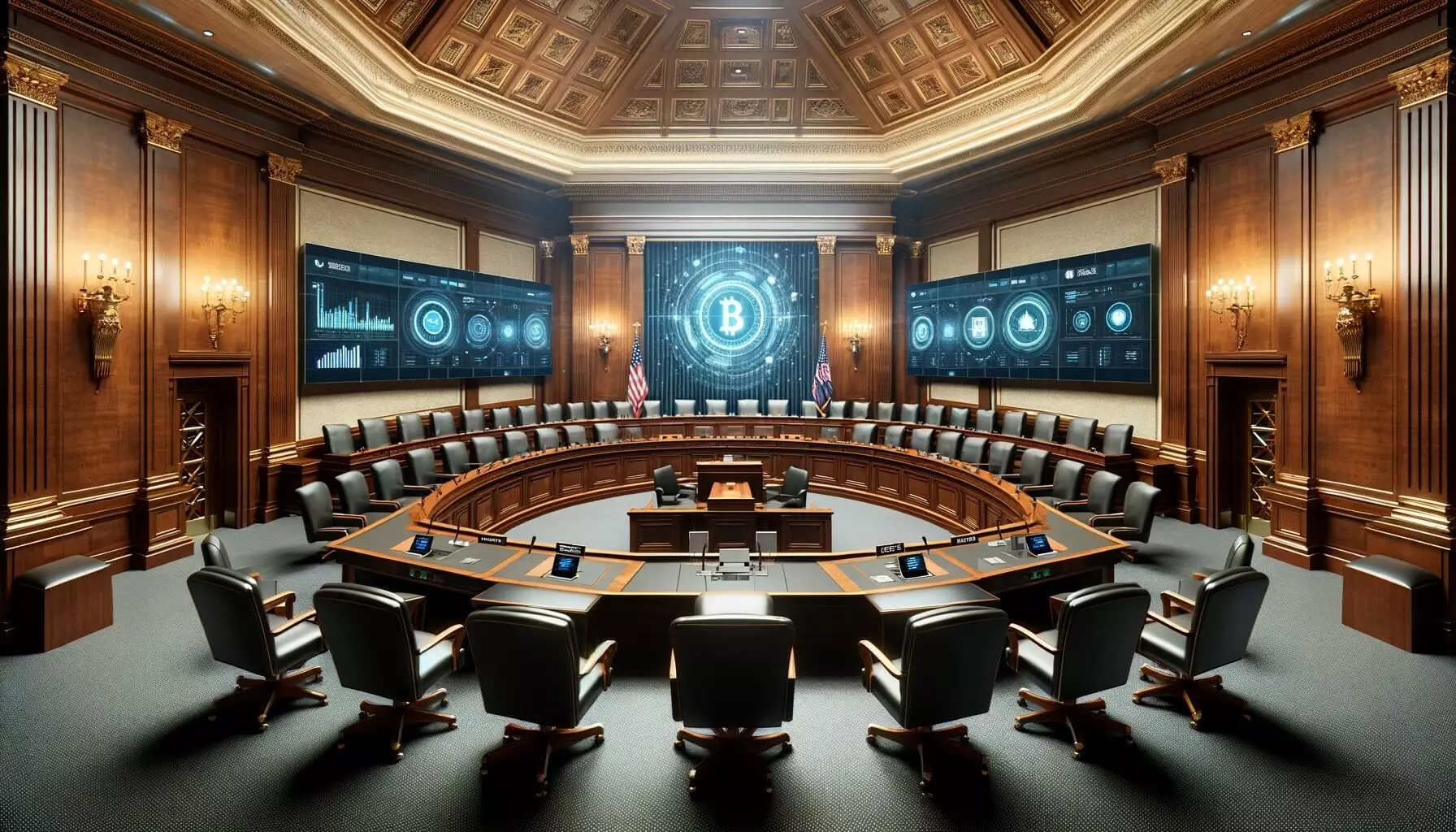The recent attempt by the US House of Representatives to overrule President Joe Biden’s veto and rescind SEC Staff Accounting Bulletin (SAB) 121 ultimately fell short. With 228 House members voting in favor of HJ Res. 109 to end SAB 121, 184 voting against it, and 21 abstaining, it is clear that there was majority support for overturning the regulation. However, the outcome did not meet the two-thirds vote threshold required to counter a presidential veto.
Several Democrats changed their stance on the matter since an earlier vote in May. Dean Phillips (D-MN), Mikie Sherrill (D-NJ), and Marc Veasey (D-TX) changed their votes to oppose the end of SAB 121, while Jonathan Jackson (D-IL), Ro Khanna (D-CA), Tom Suozzi (D-NY), and Shri Thanedar (D-MI) changed their votes to support rescinding the regulation. Even Republican Drew Ferguson (R-GA) altered his vote from no to yes. This shifting landscape of votes highlights the complexity and divisiveness of the issue.
Representative Mike Flood, the original sponsor of the resolution, expressed disappointment over the failed vote. He emphasized his commitment to finding other ways to end SAB 121 in order to promote growth in the digital financial sector. Flood views SAB 121 not as a political issue, but as a burdensome regulation that hinders banks’ involvement in digital asset custody. He believes the SEC has overstepped its authority by imposing restrictions that limit innovation in the industry.
House Financial Services Committee Chairman Patrick McHenry criticized President Biden’s veto, accusing the administration of prioritizing political games over the interests of the American people. He lamented the government’s alignment with bureaucratic power rather than supporting the resolution’s objectives. The Blockchain Association also condemned SAB 121, vowing to challenge the SEC rule through legislative and legal means. The American Banking Association echoed similar sentiments, arguing that the regulation inhibits banks from offering digital asset custody at scale, thereby impeding the adoption of Bitcoin ETFs and tokenization.
As the debate over SAB 121 continues, it remains to be seen how the issue will evolve in the coming months. The failed attempt to overturn the regulation underscores the complexities and deeply entrenched positions surrounding digital asset custody. The implications of SAB 121 extend beyond the banking sector, affecting the broader landscape of digital financial services and innovation. It is crucial for policymakers, industry stakeholders, and regulators to find common ground and strike a balance between consumer protection and fostering technological advancement in the financial sector.

